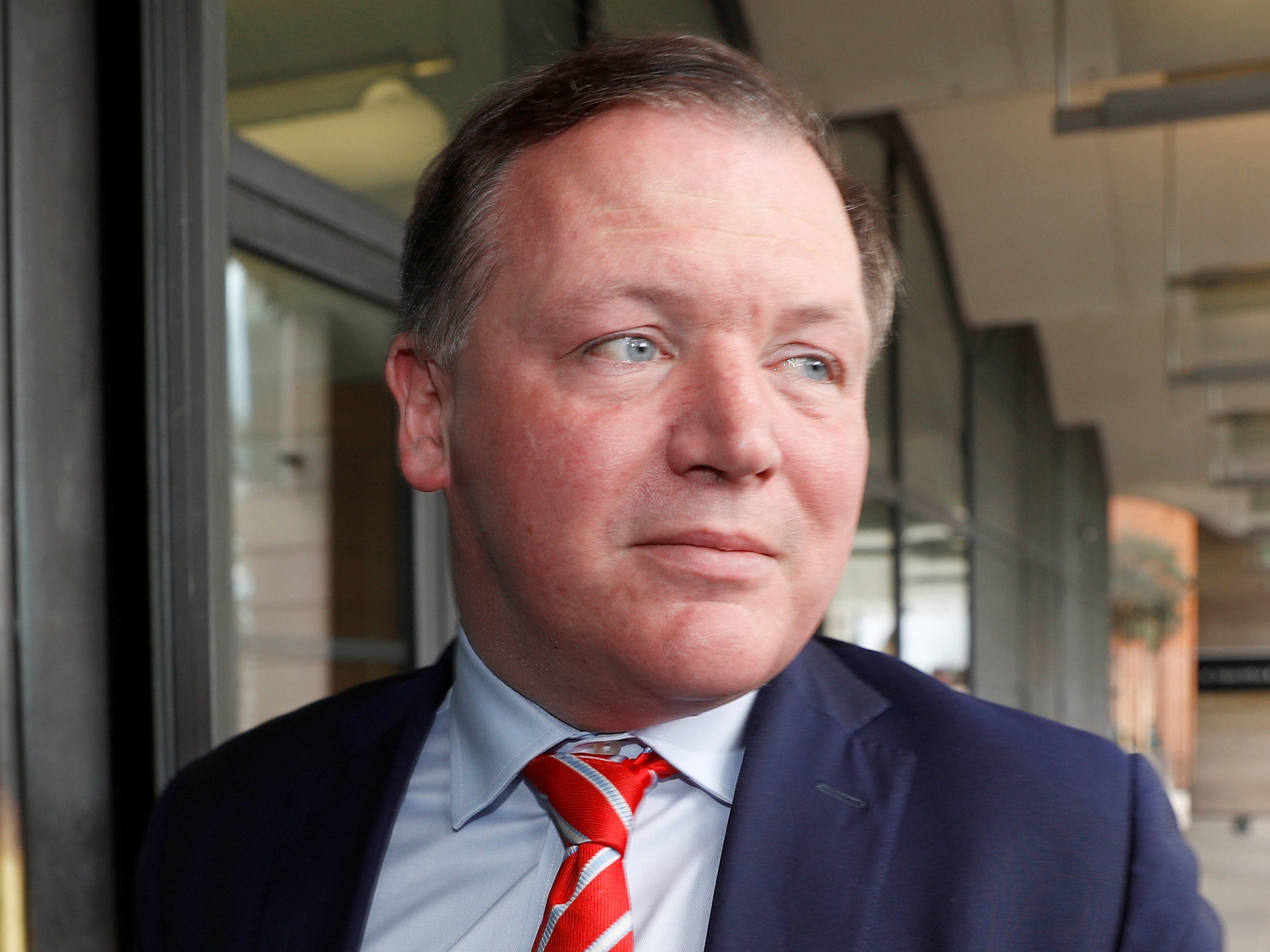
A cache of internal Facebook documents has been seized using Parliament’s legal powers as MPs probe the Cambridge Analytica data scandal.
The documents are said to shed light on the social media giant’s data and privacy controls before the massive breach was made public.
The documents were intercepted when the boss of US software company Six4three, in possession of the cache, visited the UK on business, The Observer has reported.
Damian Collins, chairman of the Commons Digital, Culture, Media and Sport Committee, compelled the founder of the firm to hand over the documents using a rare parliamentary mechanism.
In a highly unusual move a serjeant at arms was sent to the businessman’s hotel and he was given a final warning and a two-hour deadline to comply with the order.
When the founder failed to do so he was escorted to Parliament and warned he risked fines and imprisonment if the documents were not surrendered, the paper said.
The firm is involved in court action against Facebook in the US, where the documents were obtained through legal mechanisms.
Collins told the paper: “We are in uncharted territory. This is an unprecedented move but it’s an unprecedented situation. We’ve failed to get answers from Facebook and we believe the documents contain information of very high public interest.”
He said Facebook had some “very serious questions” to answer and accused it of misleading the committee over Russian involvement on the platform.
“It has not answered our questions about who knew what, when with regards to the Cambridge Analytica scandal,” Collins said.
“We have followed this court case in America and we believed these documents contained answers to some of the questions we have been seeking about the use of data, especially by external developers.”
Facebook told the paper: “The materials obtained by the DCMS committee are subject to a protective order of the San Mateo Superior Court restricting their disclosure.
“We have asked the DCMS committee to refrain from reviewing them and to return them to counsel or to Facebook. We have no further comment.”
But Collins said he had written back to Facebook stressing the House of Commons had powers to seize documents within UK jurisdiction.
In his email to Facebook public policy vice president Richard Allen, which he posted on Twitter on Sunday evening, Collins said a committee of the House can publish these documents under parliamentary privilege.
He added: “The committee’s interest in the documents we have requested relates to their relevance to our ongoing inquiry into disinformation and fake news.
“As you know, we have asked many questions of Facebook about its policies on sharing user data with developers, how these have been enforced, and how the company identifies activity by bad actors.
“We believe that the documents we have ordered from Six4three could contain important information about this which is of a high public interest.
“We are also interested to know whether the policies of Facebook, as expressed within these documents, are consistent with the public statements the company has made on the same issues.”
Picture: Reuters/Peter Nicholls
Email pged@pressgazette.co.uk to point out mistakes, provide story tips or send in a letter for publication on our "Letters Page" blog
